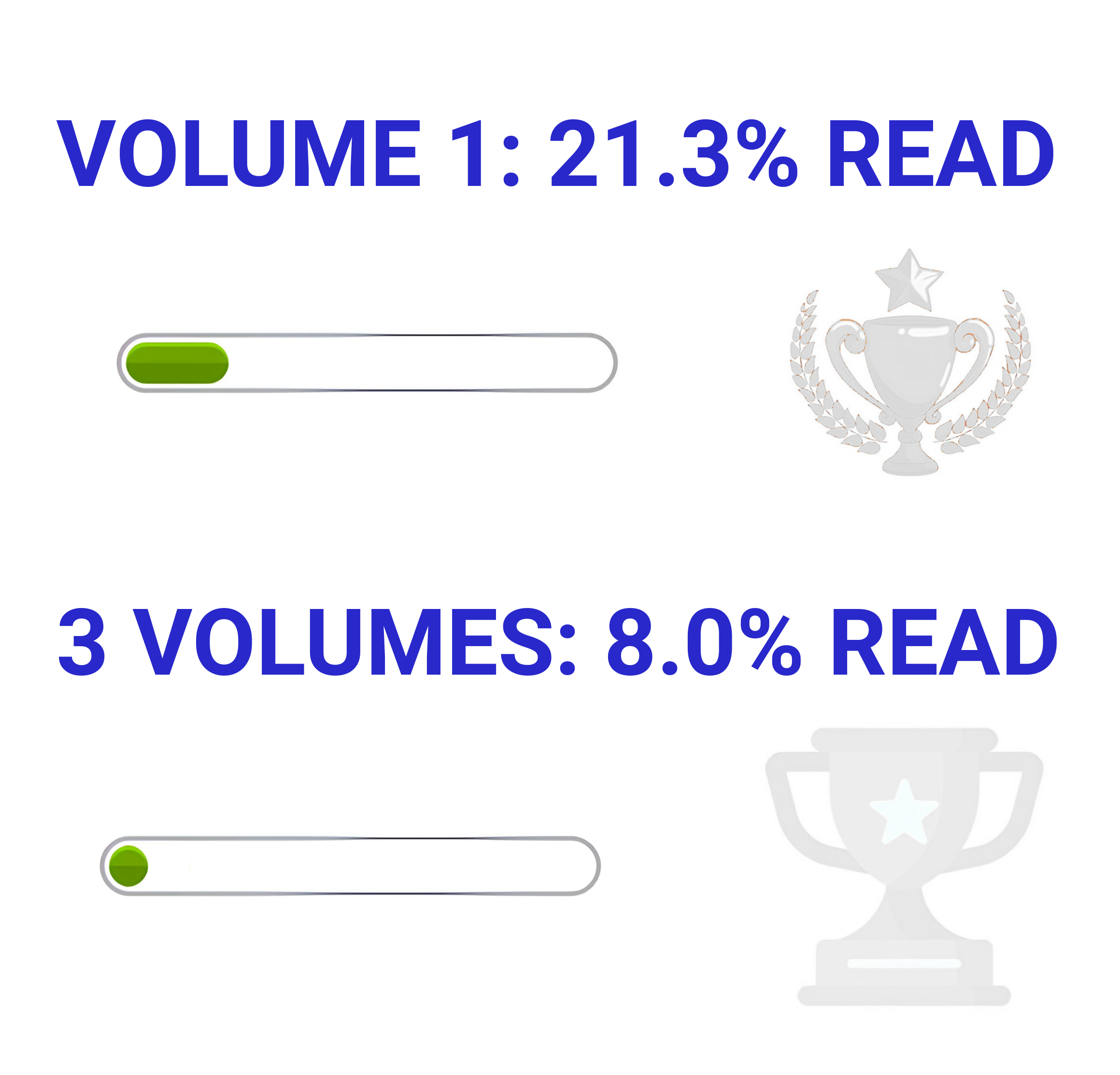Very proud of us all who have kept it going. We've gotten into a nice groove now. We looked at the labour theory of value, and how all commodities are commensurable by measuring the labour time. We saw that money is a commodity (gold) used to measure value. We learned that surplus value isn't generated by trade, because that would cancel out over the economy. We saw that surplus value comes from the variation between the value of the food etc. required to MAKE a day's labour, and the value of the work done in that day. We have learned the general formula of capital, and how capital differs from money. Not only am I proud of you, Stalin would be proud of you.
Let's use this shared activity as an excuse to also build camaraderie by thinking out loud in the comments.
The overall plan is to read Volumes 1, 2, and 3 in one year. (Volume IV, often published under the title Theories of Surplus Value, will not be included in this particular reading club, but comrades are encouraged to do other solo and collaborative reading.) This bookclub will repeat yearly. The three volumes in a year works out to about 6½ pages a day for a year, 46⅔ pages a week.
I'll post the readings at the start of each week and @mention anybody interested. Let me know if you want to be added or removed.
Just joining us? It'll take you about 8½ or 9 hours to catch up to where the group is.
Archives: Week 1 – Week 2 – Week 3 – Week 4
Week 5, Jan 29-Feb 4, we are reading Volume 1, Chapter 9, and from Chapter 10 we are reading section 1 'The Limits of the Working Day', PLUS section 2 'The Greed for Surplus-Labour', PLUS section 3 'Branches of English Industry without Legal Limits to Exploitation'
In other words, aim to get to the heading '4. Day Work and Night Work. The Shift System' by Sunday
Discuss the week's reading in the comments.
Use any translation/edition you like. Marxists.org has the Moore and Aveling translation in various file formats including epub and PDF: https://www.marxists.org/archive/marx/works/1867-c1/
Ben Fowkes translation, PDF: http://libgen.is/book/index.php?md5=9C4A100BD61BB2DB9BE26773E4DBC5D
AernaLingus says: I noticed that the linked copy of the Fowkes translation doesn't have bookmarks, so I took the liberty of adding them myself. You can either download my version with the bookmarks added, or if you're a bit paranoid (can't blame ya) and don't mind some light command line work you can use the same simple script that I did with my formatted plaintext bookmarks to take the PDF from libgen and add the bookmarks yourself.
Resources
(These are not expected reading, these are here to help you if you so choose)
-
Harvey's guide to reading it: https://www.davidharvey.org/media/Intro_A_Companion_to_Marxs_Capital.pdf
-
A University of Warwick guide to reading it: https://warwick.ac.uk/fac/arts/english/currentstudents/postgraduate/masters/modules/worldlitworldsystems/hotr.marxs_capital.untilp72.pdf
-
Reading Capital with Comrades: A Liberation School podcast series - https://www.liberationschool.org/reading-capital-with-comrades-podcast/

I saw this while reading Ch.9.
and it reminded me of this from near the end of Ch.1
spoiler
but in which just like, it seems like that surplus labour in like a socialist mode, would like go back to the community and follow that centrally planned economy? Along with like being extracted differently, which wouldn't be exploitive but like someone working to contribute to their community, or like what Marx said here
Also known as tax
oh, I never thought of taxes being like that!